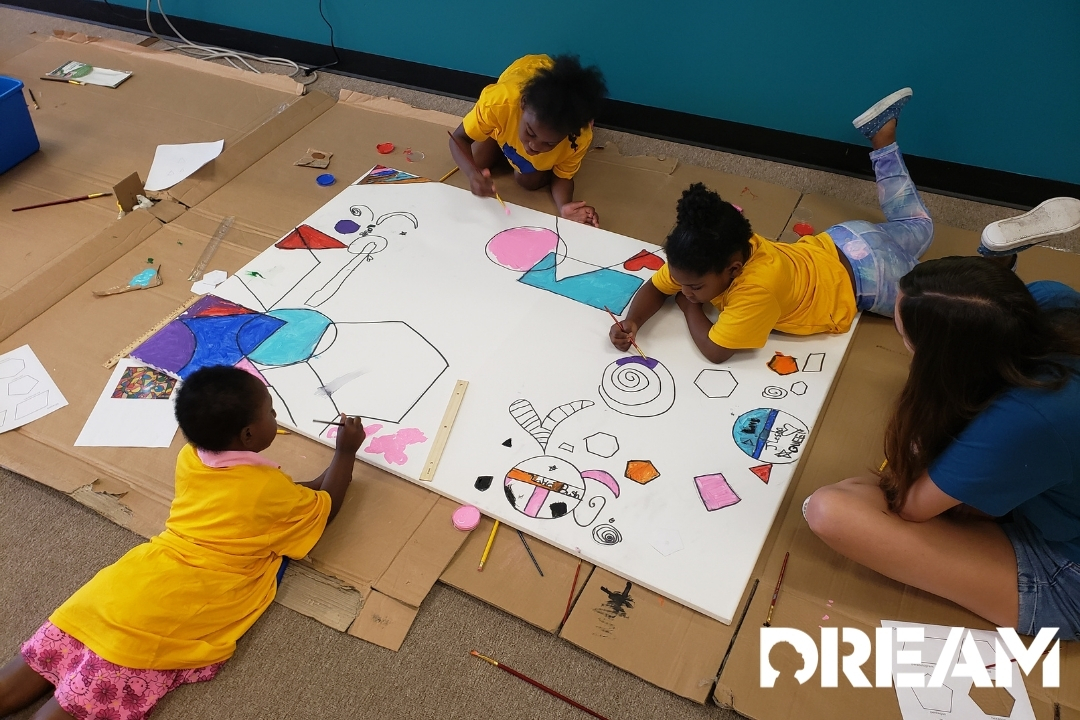Active listening is a very important skill when it comes to mentoring. It’s necessary for both the mentor and mentee to give each other their undivided attention throughout the conversation. Our brains can process words four times faster than we can speak them, but the average person only listens at 25% efficiency. This means we aren’t listening as well as we could be.
It’s important to be present, attentive and focused on the current moment. It can show the person you’re talking to that you respect their time and value what they have to say. DREAM’s youth mentoring programs are all about understanding the mentee. Active listening leads to successful mentoring. Below are six ways you can practice active listening.
Eliminate distractions
Our surrounding environments can be insanely busy from time to time. For example, if you’re having a conversation with your mentee in the school hallway and there are a lot of people walking by, it’s going to be more difficult to listen and understand. If you need a less hectic environment, you can try to relocate to a classroom that may provide fewer distractions.
Face the person speaking and make eye contact with them
Eye contact is an important part of any conversation. You want to find a happy medium for eye contact; staring attentively at the person the entire time they’re talking can come on too strong, so it’s best to make eye contact frequently, but break it every few seconds. Your posture is almost as important as your eyes; crossing your arms can seem standoffish, so face the person that is talking and maintain an open posture.
Pay attention to nonverbal cues
Nonverbal cues are how we communicate without words. It’s your posture, body language, movement, gestures, facial expressions and touch. These cues can often be read without the person having to say anything. For example, if you ask your mentee how they feel about the test they took earlier in the day, and they say that it went well but their body is showing crinkled eyes and frowning, you may be able to tell that the test didn’t go as well as they had wanted. Sometimes actions speak louder than words.
Wait your turn
Think about when you’re talking and someone interrupts you. It doesn’t feel good and we don’t like it. It can show them that you don’t care to hear what they are saying. You might need to slow down and give the other person more time to express themselves. If the conversation is going down another path, you can bring it back by mentioning a previous point.
Don’t start planning what to say next
You cannot assume that you know what the person is going to say next, therefore you cannot fully come up with an answer until you’ve heard it all. You cannot actively listen and be thinking about what you’re going to say at the same time. Stay focused and don’t share your thoughts and opinions until necessary.
Show that you’re listening
Ways you can show you’re listening include asking questions, nodding your head and smiling throughout the conversation. The order in which the conversation should go is to first pay attention, then show you’re interested and finally provide feedback. It can take time to become an active listener, but it will strengthen any mentor/mentee relationship.
Participate in DREAM’s youth mentoring programs
Becoming an active listener can make you a better mentor. Know that practice makes perfect, and it’s okay if you slip up a few times. If you want to take part in youth mentoring programs and make an impact in the life of our youth, reach out to us! We’re always looking for individuals from all backgrounds to join our mentoring team.






